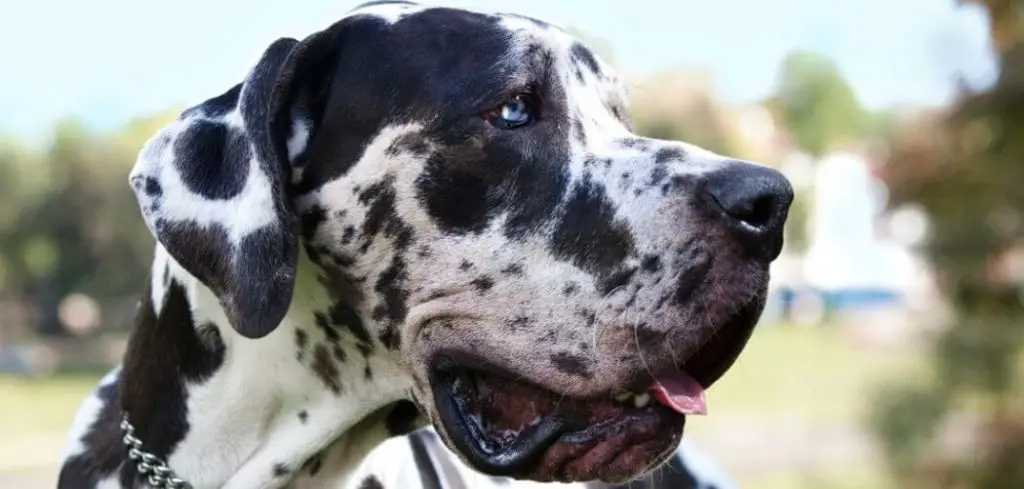Noticing that your dog is pooping frequently but the stool looks normal can be confusing and concerning. While it isn’t diarrhea, this change in bathroom habits may indicate dietary issues or underlying health problems.
We outline the common reasons why a dog may be pooping a lot but not have diarrhea, what you can do at home, and when to seek veterinary help.
Dog Pooping a Lot Not Diarrhea — Why It Happens
A dog pooping a lot without diarrhea usually result from dietary factors, digestive inefficiency, or minor gastrointestinal irritation. Overfeeding, low-quality dog food, or diets high in fiber can increase stool volume and frequency.
Some dogs naturally have faster metabolism or a more active digestive tract, while others may respond to stress, new routines, or minor infections.
Observing patterns in feeding, exercise, and stool characteristics can help determine whether frequent pooping is harmless or a sign of something more serious.

Dog Pooping a Lot Not Diarrhea: Common Causes
1. Diet High in Fiber
Fiber is essential for digestive health, but too much can increase stool bulk and frequency.
Dogs eating diets with high levels of plant-based fiber or fillers may need to defecate more often.
You might notice well-formed but large stools multiple times a day. Adjusting portion sizes or switching to a balanced diet can normalize bowel movements over time.
Read more: Dog Pooping Blood After Diarrhea (What it means and what to do)
2. Overfeeding
Excessive food intake leads to more material passing through the digestive tract.
Dogs that eat larger-than-needed portions will naturally produce more stool, even if the consistency is normal.
You may notice their dog finishing meals quickly or appearing constantly hungry. Feeding measured portions according to weight and activity level helps prevent overproduction of stool and maintains healthy digestion.
3. Rapid Eating or Eating Too Many Treats
Dogs that eat too quickly or consume frequent treats may process food less efficiently.
Rapid consumption can overwhelm the gut, causing increased stool frequency without diarrhea. Chewing slowly, offering puzzle feeders, or reducing treat intake can help regulate bowel habits.
Some dogs may also swallow air while eating, which can lead to minor gastrointestinal discomfort alongside frequent pooping.
4. Food Sensitivity or Mild Intolerance
Even without diarrhea, some dogs react to certain ingredients in their diet.
Mild intolerances can trigger a more active digestive tract, increasing the frequency of well-formed stools. Symptoms may include occasional gassiness, slight stomach rumbling, or changes in appetite.
Identifying the offending ingredient and switching to a limited-ingredient or hypoallergenic diet can reduce frequent pooping episodes.
5. Gastrointestinal Parasites
Parasites like roundworms or whipworms don’t always cause diarrhea but can make dogs poop more frequently.
The presence of worms can irritate the intestines, stimulating increased bowel activity.
You may notice subtle signs such as scooting, mild weight loss, or visible worms in the stool. Routine fecal testing and deworming are important to prevent parasite-related health issues and normalize stool frequency.
6. Stress or Anxiety
Stress impacts a dog’s gut function, sometimes leading to increased pooping without loose stool.
Changes in environment, separation anxiety, or new household members can make dogs defecate more often. Behavior-related frequent pooping often coincides with pacing, whining, or restlessness.
Managing stress through consistent routines, calming products, or environmental enrichment can help regulate bowel movements.
7. Medical Conditions
Certain medical issues like hyperthyroidism, exocrine pancreatic insufficiency, or inflammatory bowel disease can increase stool frequency without diarrhea.
Dogs may appear otherwise healthy but defecate more often due to malabsorption or metabolic changes.
Additional signs might include weight loss, increased appetite, or mild fatigue. Veterinary evaluation with bloodwork, imaging, or stool testing is crucial to identify and manage these conditions.
Read more: Dog Pooping Blood Diarrhea and Vomiting (Signs of digestive upset)
What to Do If Your Dog Is Pooping a Lot But Not Diarrhea
If your dog is pooping frequently but stools are normal, start by monitoring diet and feeding habits.
Ensure portion sizes are appropriate for your dog’s size and activity level, and avoid giving excessive treats. Maintain a consistent feeding schedule and provide fresh water at all times.
Observing your dog’s stool for changes in consistency, color, or odor can help identify patterns. Gradual diet adjustments or slow feeding techniques may reduce bowel frequency.
If your dog has persistent changes, weight loss, or additional symptoms like lethargy or vomiting, schedule a veterinary check-up to rule out medical causes. Keeping a diary of feeding, exercise, and bowel movements can help your vet pinpoint the underlying cause.
When to Call or Visit Your Vet
Contact your veterinarian if frequent pooping is accompanied by:
- Sudden weight loss or reduced appetite.
- Lethargy, vomiting, or changes in behavior.
- Signs of pain, straining, or bloating during bowel movements.
- Visible blood in stool or very pale stools.
Puppies, senior dogs, or dogs with chronic illnesses experiencing frequent pooping require prompt attention.
Veterinarians may perform fecal testing, blood panels, or dietary assessments to identify underlying causes. Treatment might include dietary adjustments, deworming, medication, or management of chronic conditions.
Early detection and intervention can prevent complications and maintain your dog’s digestive health.
Read more: Dog Pooping Green Diarrhea (Understanding related digestive issues)
Key Takeaway
Frequent pooping in dogs without diarrhea is often linked to diet, feeding habits, or mild digestive sensitivity.
Monitoring portion sizes, fiber intake, treat frequency, and stress levels can help normalize bowel habits.
Persistent or unexplained frequent pooping may indicate medical conditions that require veterinary evaluation.
Observing your dog’s overall health, maintaining a consistent routine, and consulting your vet when necessary ensures that your dog stays healthy, comfortable, and happy.
